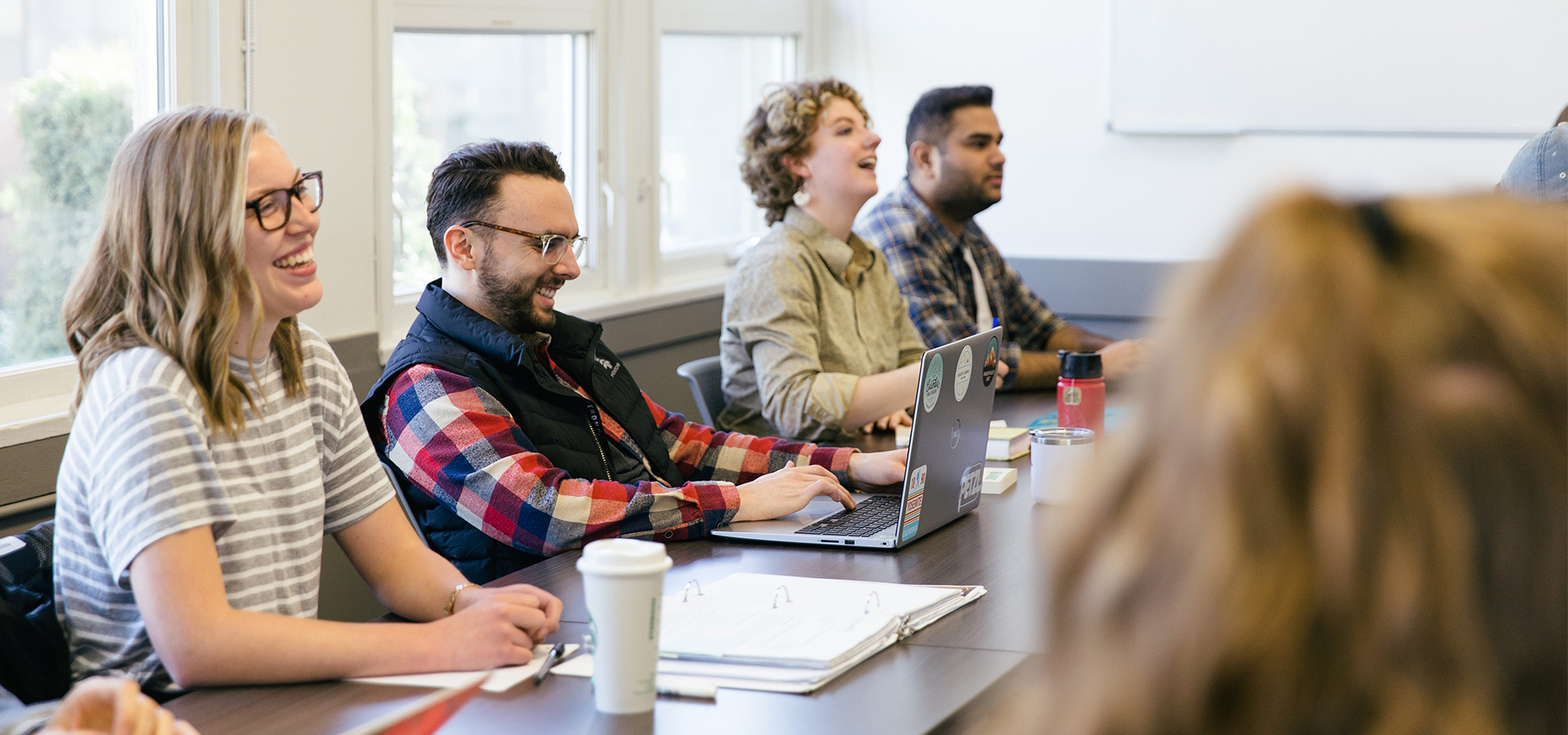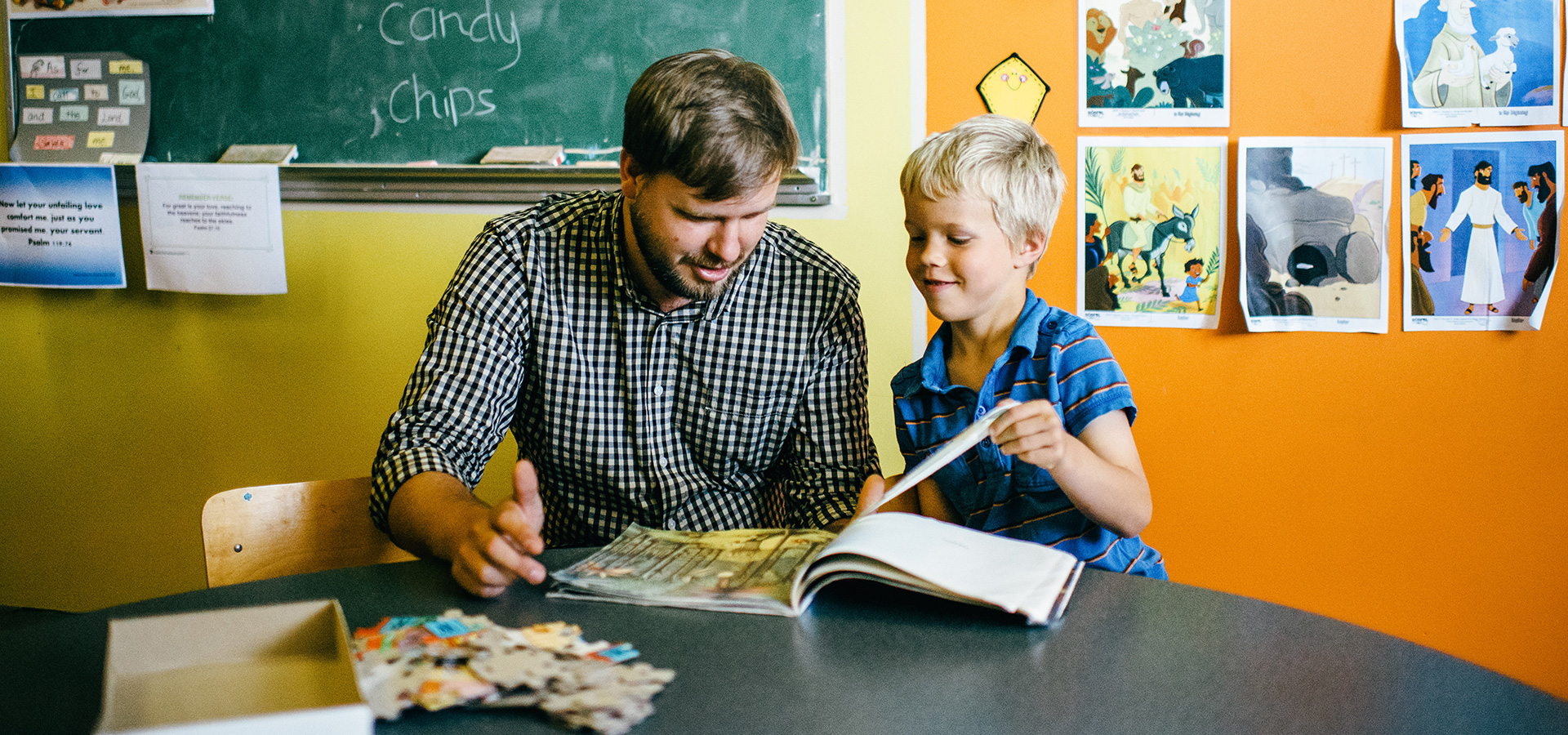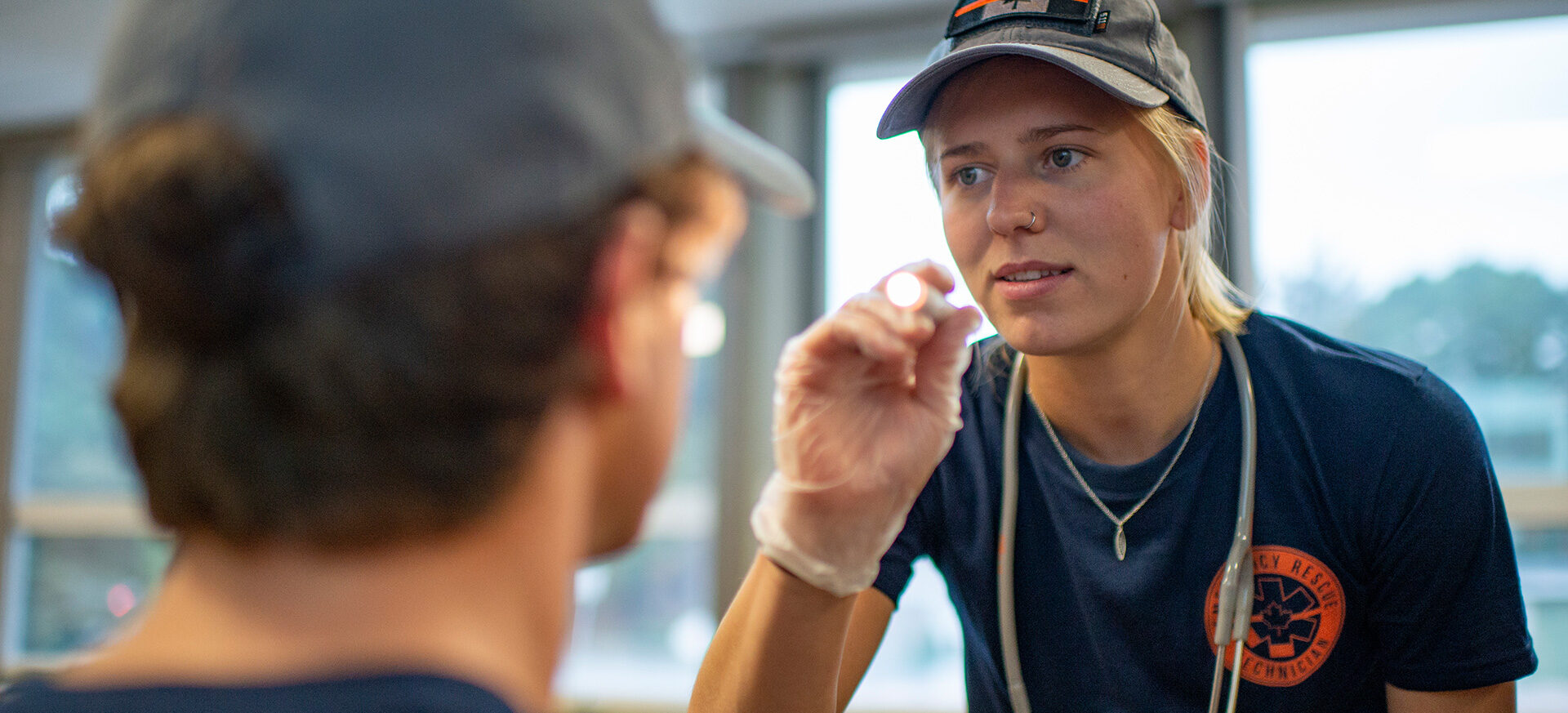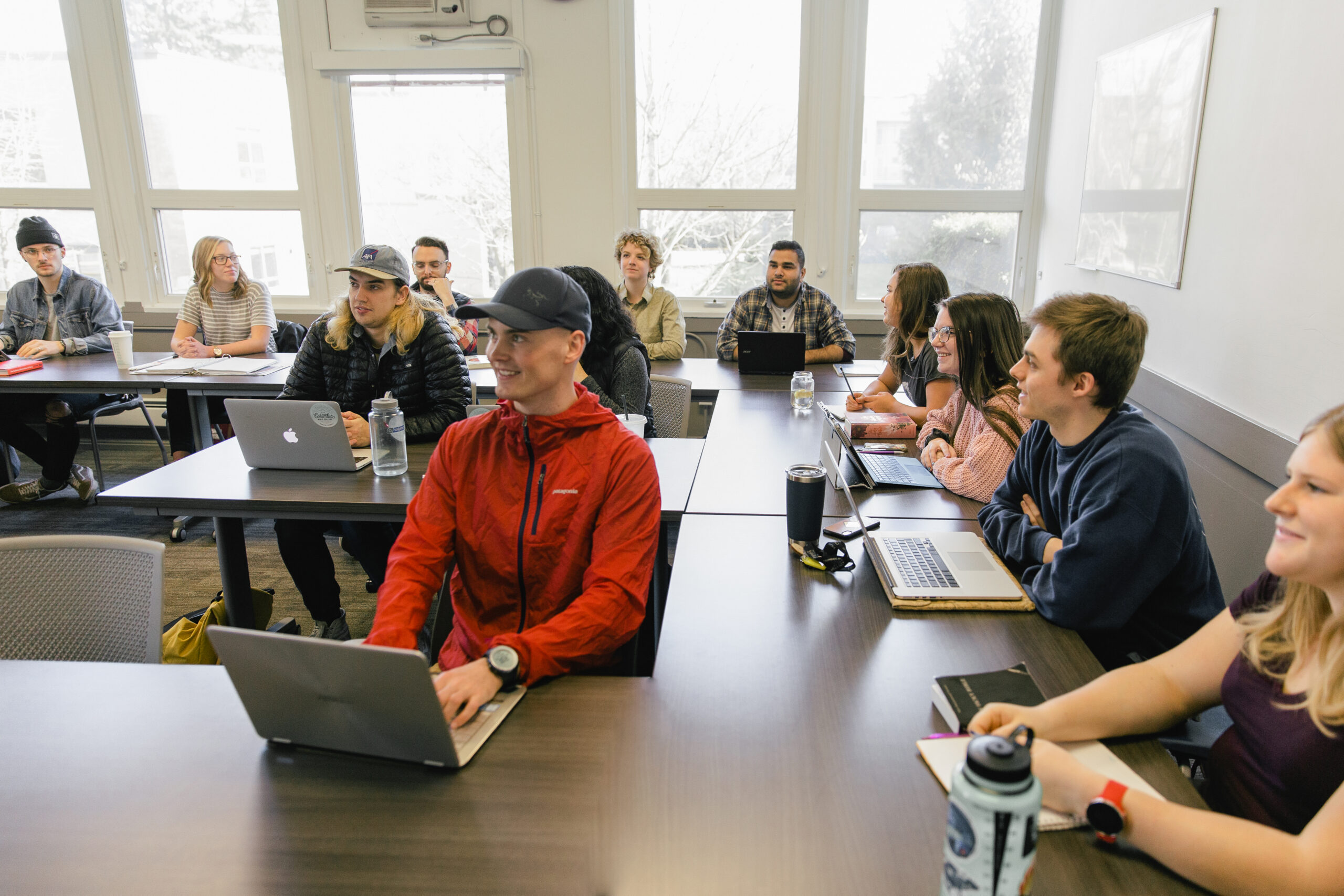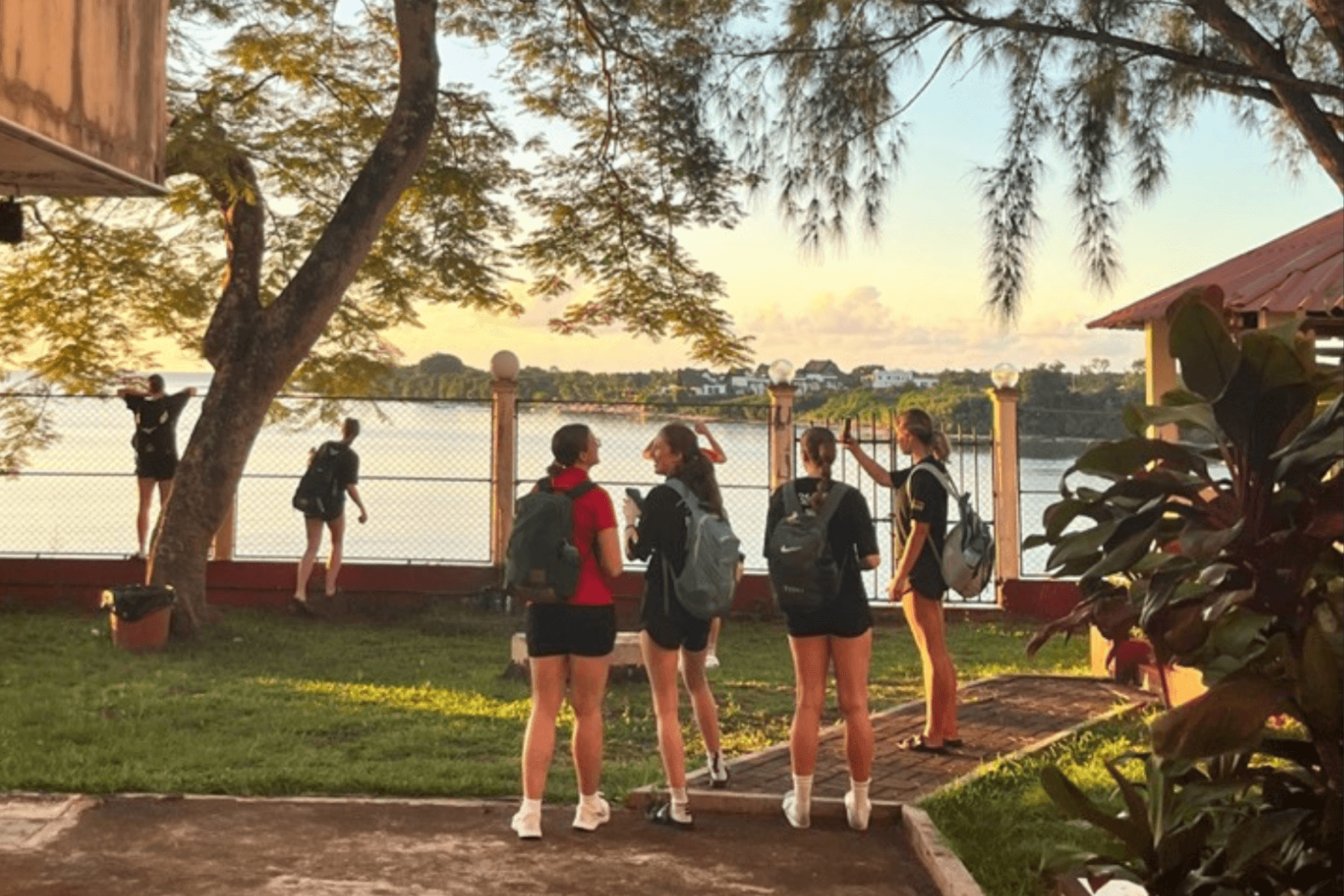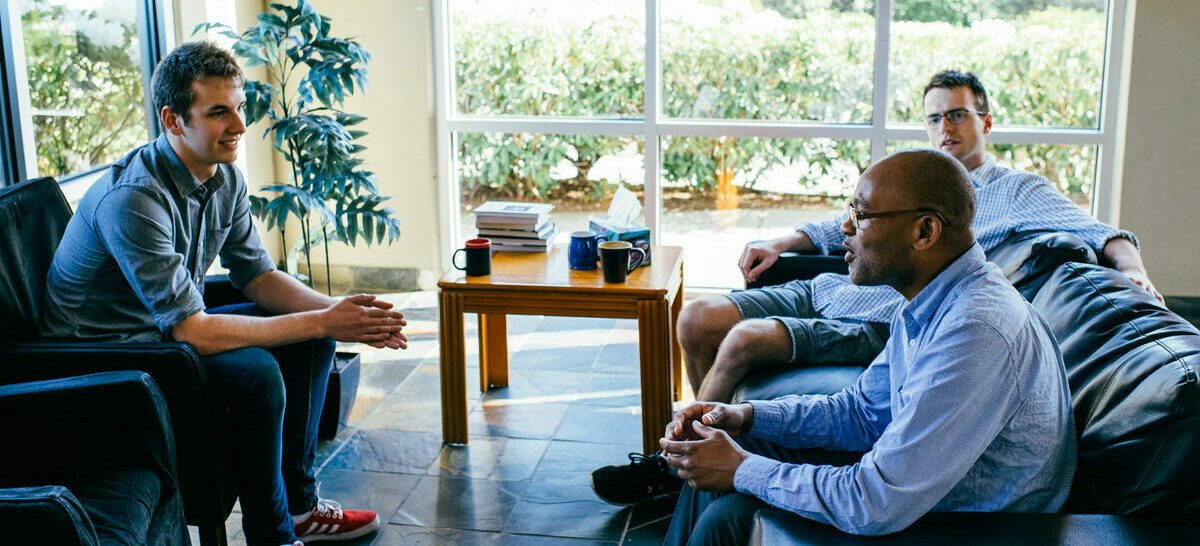
Be equipped with foundational knowledge and skills to integrate your faith with current psychological research, and prepare for graduate studies in counselling or psychology.
Diploma in Psychology
Columbia’s Psychology diploma is designed to pair our practical theology core curriculum with foundational courses from our psychology degree. Students will get a theologically-rooted, introductory orientation to the field of psychology that will help them discover and clarify their interests. The Psychology diploma is designed to ladder into the degree for students who choose to pursue a career or further study in this area.
Bachelor of Arts in Practical Theology
Major in Psychology
A Psychology degree at Columbia incorporates a unique mix of biblical studies, theology, and psychology to offer insight into the human condition. The program incorporates the best of these disciplines and offers students a solid foundation for integrating their Christian faith with current psychological research.
This program equips students with the knowledge, skills, and attitudes necessary for caring for people as they experience the spiritual, emotional, psychological, and relational challenges of life. Students develop an integrated approach to helping people, one that is built upon a biblical worldview and informed by the social sciences. Students also have opportunities to apply their skills and knowledge in practical ways.
Columbia’s Psychology degree provides a solid foundation for a variety of roles focused on helping and caring for individuals of all ages within a range of church, para-church, and community settings. This program prepares students for additional education in the helping profession, in particular Masters-level work in Counselling Psychology or Marriage & Family Therapy.
What is Practical Theology?
Our theology (what we believe to be true about God) only matters when it permeates every part of who we are: our priorities, our lifestyle, our relationships, our identity, and our vocation. This is why Columbia takes such a balanced approach to education. Learn more about Columbia’s approach to the BA in Practical Theology.
Minors
Every degree student at Columbia has the option to select a minor. A minor is a group of five courses outside of a student’s major. A minor allows students to experience added breadth in their degree by exploring a secondary subject area. Learn more about available minors.
Internship
Students enrolled in the Psychology degree program will complete an internship. Internships involve experiential learning and are intended to foster skill development. They complement the program’s course work and constitute a critical component of the Psychology degree.
Internships provide students with the opportunity to personalize their learning according to their specific interests and offer a flexible way for them to forward their career objectives. Psychology internships encompass diverse learning experiences involving a range of helping roles, including Community Support Worker, Peer Counsellor, Youth Sponsor, Intake Worker, Mentor, Mediator and others.
For more information about Columbia’s internship program, including application forms and placement options, visit Integrated Learning.
Program Objectives
To view the Program Objectives for the Degree in Psychology, click here.
This program does not require approval by the Private Training Institutions Branch (PTIB) of the Ministry of Advanced Education and Skills Training. As such, PTIB did not review this program.
Connect with Us

“I had previously started a BA in Psychology and wanted to continue studying in this field with the influence of Christian instructors. I have appreciated the focus on counselling because it is unique for an undergrad program. Something else I’ve appreciated is that every psychology instructor I’ve had here has practical experience in applying their skills in counselling practices and are willing to share these experiences (within the confines of confidentiality of course) for the benefit and learning of their students.”
—William B, Psychology Program

“I came into Columbia as someone who lacked conviction and didn’t even really know where I was headed in life- or why. At the same time, I desperately wanted to appear like I had it “all together”, so I often kept others at arms-length. The greatest growth I have experienced is in the fact that I now have a very solid sense of purpose, and I no longer live in a mindset of having to solve every problem by myself. This capacity to accept help and guidance has also allowed me to experience a greater sense of connection in my relationships, and to be more vulnerable. By God’s grace I was nudged out of my comfort zone and drawn into classes, roles, and relationships that allowed me to grow. Of course, I’ve had failures along the way, but there was always support to get back up and keep at it. It has truly reshaped how I see myself and others.”
—Donnel S, Psychology Program






